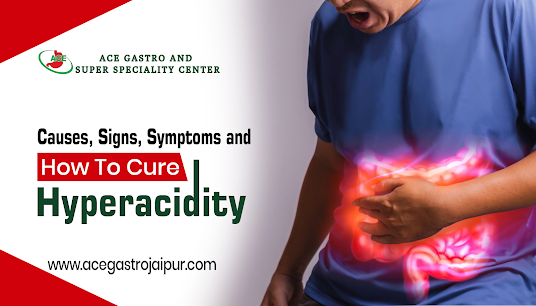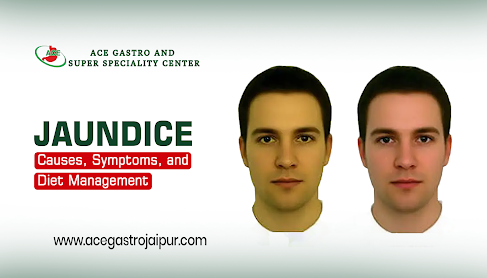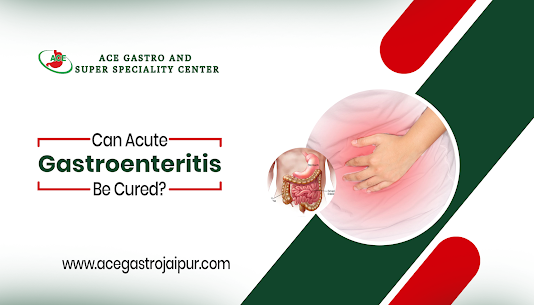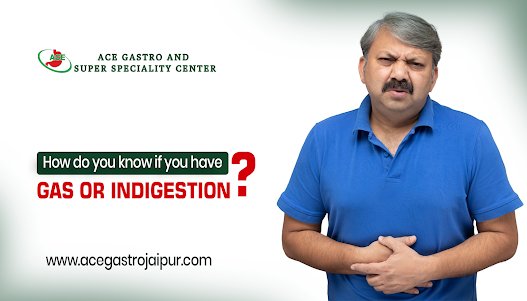Causes, Signs, Symptoms and How to Cure Hyperacidity!

Hyperacidity is an uncomfortable digestive condition that commonly occurs due to imbalances in the stomach acids. There are many potential causes for this condition, as well as signs and symptoms and ways to relieve the symptoms. Understanding what contributes to hyperacidity and how to prevent and treat it can help reduce flare-ups. Causes of Hyperacidity: The major causes of hyperacidity are as follows: 1. Diet: One of the most common causes of hyperacidity is dietary choices. Eating certain foods can increase the production of stomach acids, leading to a buildup of acid in the stomach. Foods such as spicy, fried, or fatty foods can all trigger hyperacidity, as can processed foods and caffeine. Alcohol, citrus fruits and juices, and tomatoes can also contribute to acid production in the stomach. 2. Stress: Studies have shown that psychological stress can be a contributing factor to hyperacidity. People who experience high levels of psychological stress tend to have higher levels of



